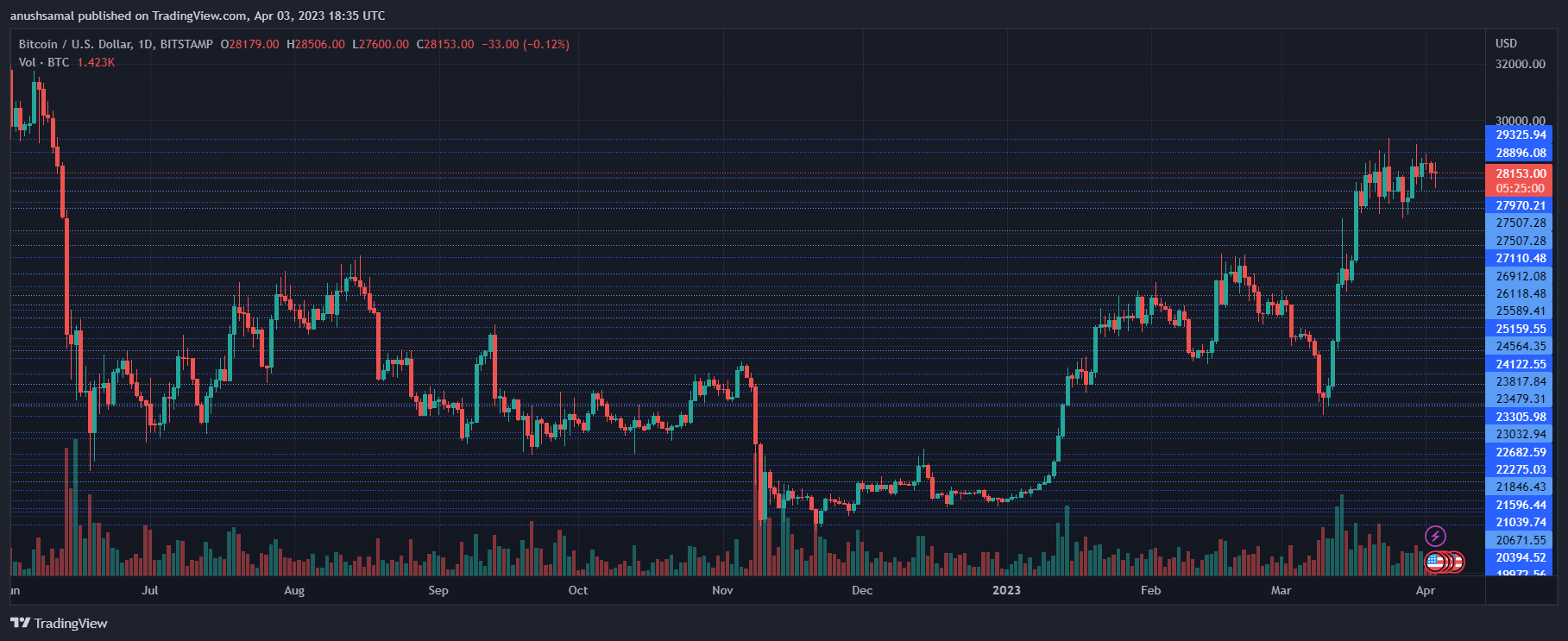Other Findings
The study has uncovered an important finding: Only 0.4% of households surveyed have invested in cryptocurrencies. Although this percentage might seem insignificant, it is noteworthy as it surpasses the percentage of households that have invested in traditional financial instruments like mutual funds or gold, which stood at 0.3% in each category.
The report by CBR further reveals that around 1.6% of the surveyed households store their value in stocks and bonds with a median average of $338 (26,500 rubles). However, only 1.2% of respondents claimed to have electronic wallets with a median average of $12 (1,000 rubles) stored in them.
The results of this study indicate that there has been a growing interest in crypto among Russian households as they look for alternative investment options beyond traditional assets.
Crypto has gained momentum among investors as they find it a way to diversify investment portfolios and a potential hedge against inflation. Although a relatively new investment asset, households have opted for crypto over established financial instruments.
Russia’s Stance On Crypto
Russia’s stance on cryptocurrencies has been somewhat mixed; while the Russian government has not banned crypto usage, it has maintained a cautious approach.
In 2019, the Russian government passed a law “On Digital Financial Assets,” which laid a legal framework for cryptocurrency and blockchain technologies. This law established rules for the issuance and circulation of digital assets, as well as the rights and obligations of their owners.
Despite a mixed stance, there are indications that the Russian government is becoming more open and accepting of digital assets. For instance, the Central Bank of Russia has also been planning on issuing its central bank digital currency (CBDC). However, CBR has recently postponed its plan to launch the CBDC for at least a few months.
Additionally, crypto has proven handy in funding military supplies and provisions for displaced families in the ongoing Russia-Ukraine war. While the Ukrainian government raised millions from direct cryptocurrency donations, citizens resorted to crypto as an alternative to financial solutions when banks failed.











